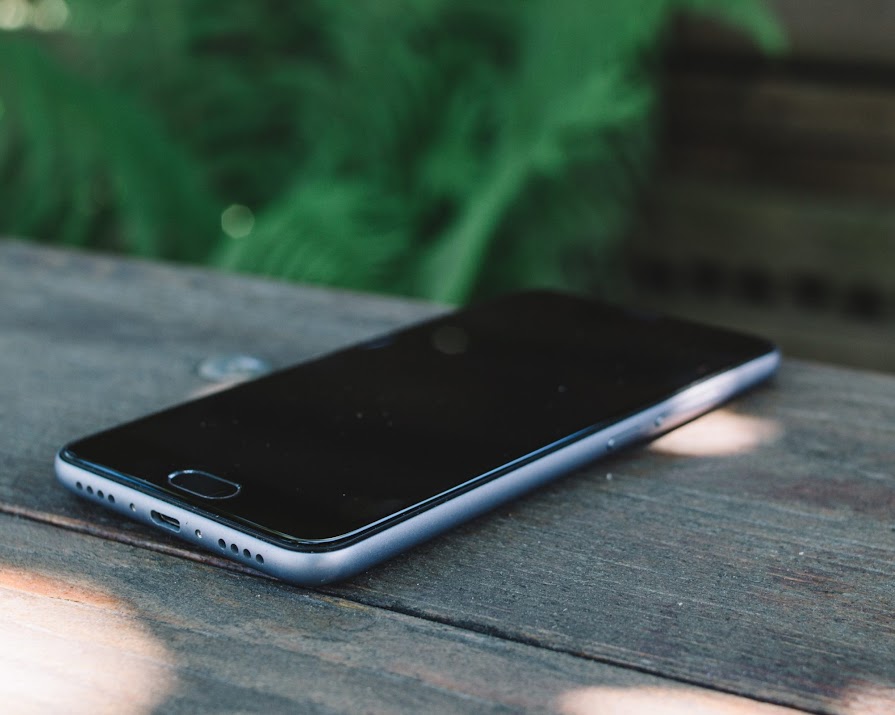
By Colette Sexton
18th Sep 2018
18th Sep 2018
Colette Sexton, news correspondent at The Sunday Business Post, on why we need to put down the phones for the sake of our social lives.
There is nothing like a nice catch-up with friends you haven’t seen in ages. Sitting down for a dinner with an old housemate, grabbing a drink with a former work colleague, going for a walk with a school buddy. In fact, friends are actually proven to be good for us. People who have weaker social ties have poorer health, according to a study in Proceedings of the National Academy of Sciences, while a review of several different research studies in 2010 found that social ties can increase life span by up to 50 per cent, which is the same effect as quitting smoking, and twice as strong as exercising.
However, while we can get a great benefit from meeting friends, sometimes these reunions can be ruined by “phubbing”. What, pray tell, is phubbing, you ask? Coined by marketing professor at Baylor University, “phubbing” is the combination of the words “phone” and “snubbing” and refers to when someone uses their phone while in your company. We’ve all been the victims, and, admittedly, the perpetrators of phubbing, at some point or another.
A study published in Computers in Human Behavior found that the people most likely to be phubbing while in a social setting had poor self-control, a serious FOMO problem, and were more likely to be internet and smartphone addicts. It also found that those being phubbed were more likely to become phubbers themselves. A vicious circle. Another study, again in Computers in Human Behaviour, found that phubbing has a negative impact on relationships, and indirectly impacts life satisfaction and depression.
It is time to call a halt to phubbing, and if you want to campaign this cause then there are some handy resources online (ironically) at stopphubbing.com/. The site has some fantastic (tongue in cheek) stats. It says the average restaurant will see 36 cases of phubbing per dinner session, which is the equivalent of spending 570 days alone while in the company of others. Plus 97 per cent of people claimed their food tasted worse after being the victim of phubbing. Jokes aside, the site encourages people to stage an intervention and tell their friends to stop phubbing. It even has signs that can be printed out for bars and restaurants that encourage customers to stop stopping. One reads: “While you finish updating your status, we’ll gladly serve the polite person behind you.”
Guinness has jumped on the anti-phubbing bandwagon, and has launched a new campaign called “switch to pub mode”. As part of it, it is rolling out specially created ‘bean bags’ for phones as well as ‘phone stackers’ so people are less likely to grab their phone and start scrolling. The drinks brewer had a survey conducted by Behaviour & Attitudes, which found that 94 per cent of people enjoyed a night out as much or more without their phone in stark contrast to just 6% of people enjoying a night more with their phone in use, people who put their phone down also felt more included in their group, people felt closer to their friends as a result of putting their phones down. The negatives to phubbing and equally the benefits of not phubbing are clear. Put the phone the down people, and try talking to each other.























